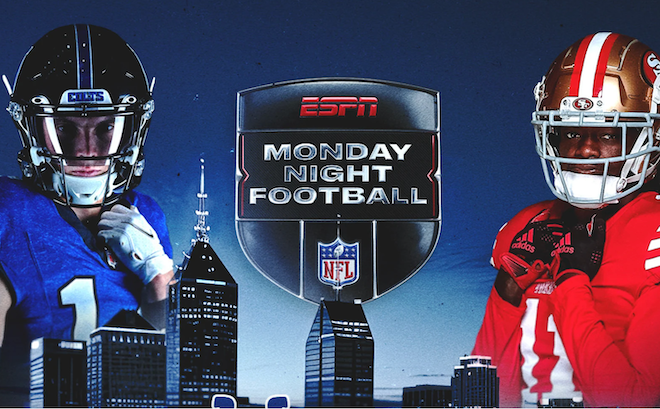There are an overwhelming amount of TV commercials that end with “Check us out on Facebook” or “Follow us on Twitter.” This is a huge coup for both these companies—getting other companies to pay billions of dollars a year to build your brand is an amazing feat.
It's very curious that Fortune 500 brands close their commercials with this call to action, rather than mentioning their own company site. Sending prospects to Facebook or Twitter rather than their own site is a huge missed opportunity—and a sign that many companies still have a lot to learn about social media.
But a questions companies might want to ask is "Do we really even need a social media strategy?" Here's some points to consider.
Don’t Give Up Your Hard-Earned Customer Data and Relationships
Leveraging your customer database information—such as demographics and personal preferences—is a naturally the right way to enhance your customer relationships.
I can’t help but watch in amazement as companies give away this opportunity. While intentions might be good, most brands don’t realize they’re spending money to build Facebook’s customer database, but not their own. A good analogy would be the difference between paying rent on a real estate property, versus paying your own mortgage for a long-term investment.
Not only are these companies building someone else’s customer database, but they’re also missing out on the opportunity to leverage valuable analytics and insights from repeat, loyal customers.
For instance, when consumers return to your site, what specific products or keywords are they searching for, or what coupons are consumers most interested in? Do you think social media sites will give you that type of data? Also, would you be frustrated if these sites used consumer data from your brand page to target competitive ads to your customers? Just ponder that for a minute.
Where’s the Proven ROI?
At the end of the day, we’re all in business to sell products/services. Are there consumer brands out there that can conclusively state that they’ve seen an uplift in their overall sales (besides Zynga) because they created a Facebook page? Look at it this way. When you do create a brand page and people visit or become your fans, what happens next? For the most part, the answer is “nothing.” Once you have X number of fans, it’s really just an ego number, with limited sales to show for it.
Your Users’ Privacy is Out of Your Control!
Let’s talk privacy. One of the comments from Facebook about why they haven’t gone public yet is because they still want to take a lot of risk (understandable, and I don’t disagree). In fact, they’ve taken some extremely bold moves to export user’s data (see the most recent article on TechCrunch). The repercussions of some of these moves may be at the expense of some of their advertising partners (albeit unintended), which brings us to our next point.
Protect Your Brand
One of the biggest challenges with blind ad networks these days is brand protection. Meaning, how do I know my brand isn’t showing up next to some horrible contextual ad alongside negative publicity about my company. We’ve all seen the FAIL ads that are great examples of this. Simply put, how do I know my brand isn’t being associated with porn, drugs, etc.? The answer with blind networks is you really don’t.
As it pertains to Facebook, the relevant question that needs to be posed is “how do I know my brand isn’t being shown next to some kid’s drunken photos from the night before?” Some may say there’s no such thing as bad publicity, but I’d bet some lawyers and brand managers would argue otherwise.
Be careful what you wish for. You may get that expanded social media budget, but in the process you may also forsake your relationships with your customers with no hope of future insights, spend money with little transparency on ROI, unknowingly sponsor a privacy scandal, or place your brand in a compromising situation. Before embarking on this journey, make sure you can truly justify why you can’t live without a social media strategy.
Jake Bailey is chief evangelist at RichRelevance.



